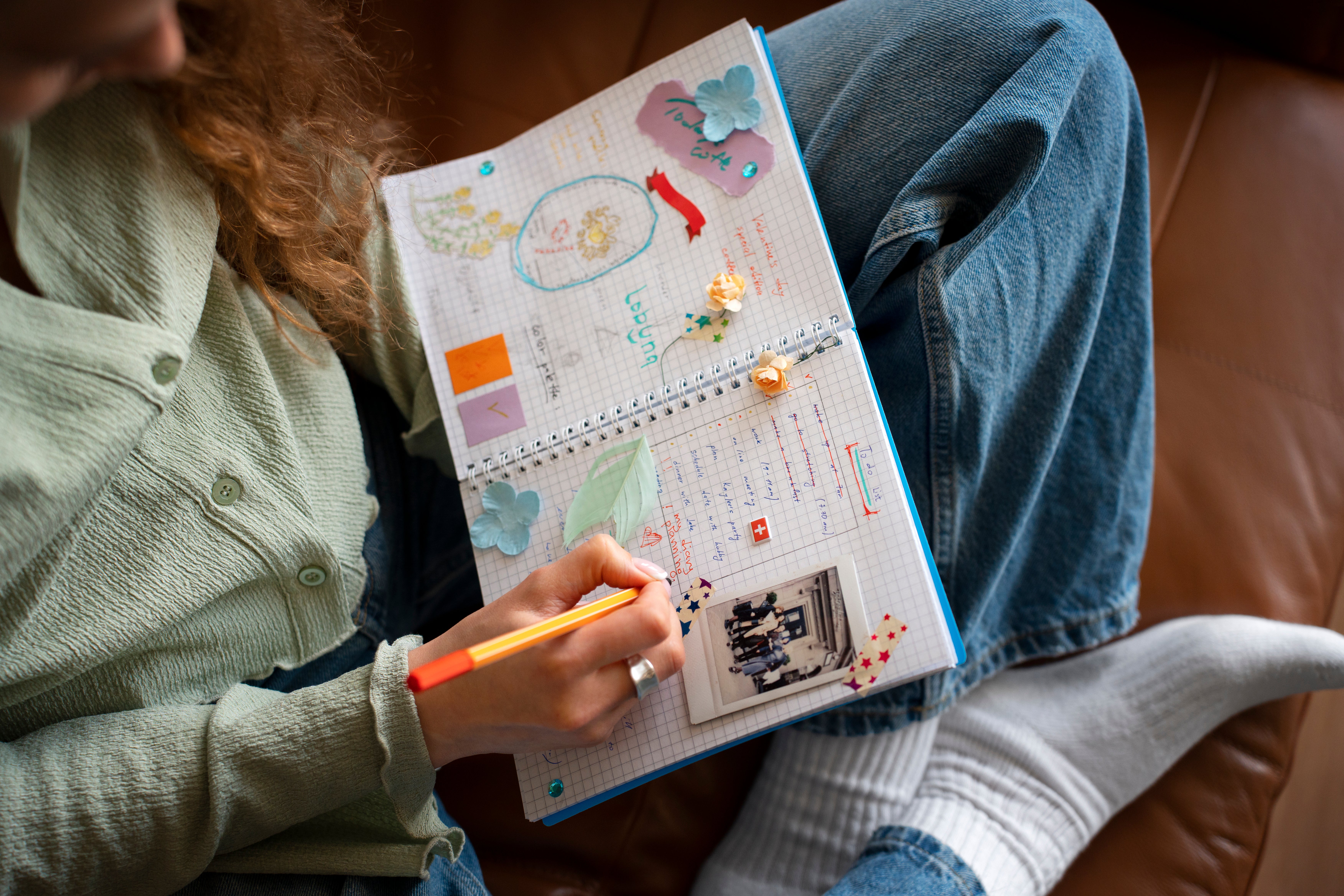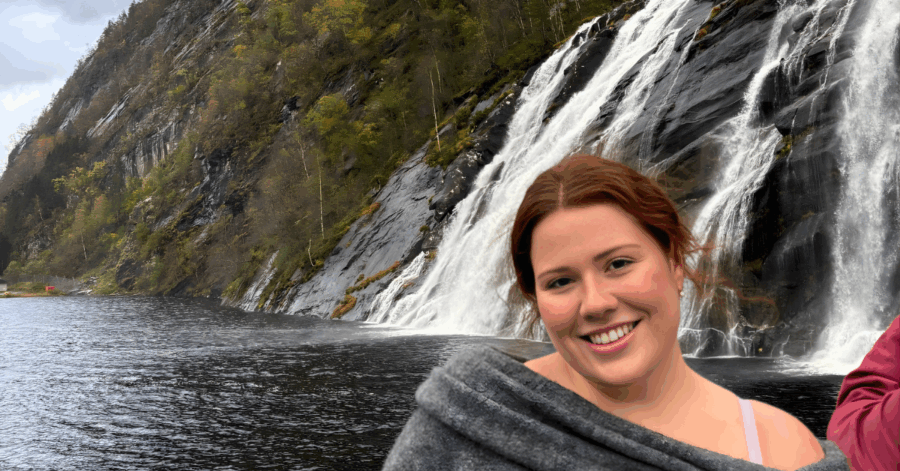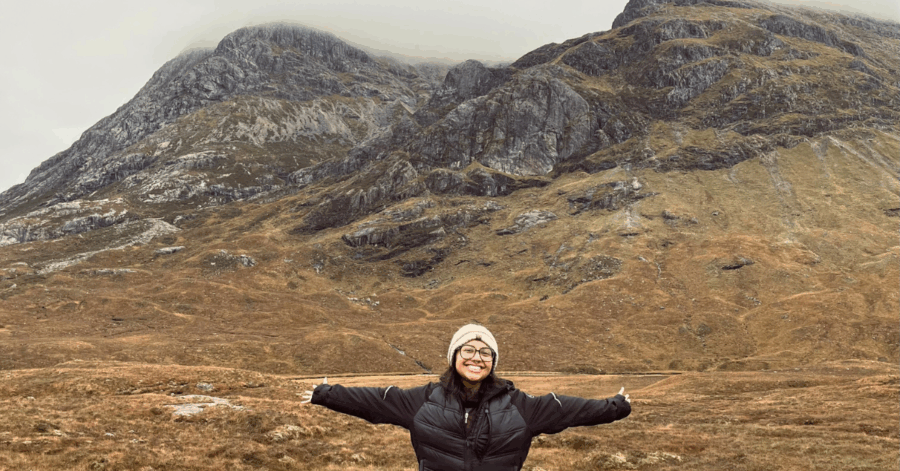From the moment I landed in Madrid for UT’s Evolution study abroad program, I had near-daily meetings, activities, and excursions that kept me on my toes. Meanwhile, I was battling jet lag and, at times, homesickness. One of my biggest challenges was striking a balance between schoolwork and rest, while also taking full advantage of being abroad and exploring Spain to its fullest. That being said, below are some tips and takeaways that helped me adjust more easily to my study abroad country.

Keeping Up Habits From Home
During the study abroad orientation meetings before leaving for Spain, I was advised to write down activities I do in Austin to deal with stress. That way, if I ran into problems in Spain, I could simply do those same activities to help stay calm.
One thing that keeps me grounded and satisfied is my morning cup of tea. As soon as I could, I went grocery shopping and bought tea in Spain. It was an awesome opportunity to learn about the local ingredients for my favorite drink and how they’re sold. For example, milk is typically boxed and stored at room temperature—unlike in the United States—but it remains completely safe to drink either way.

Keeping track of helpful activities that I do at home was useful for another reason: it showed me which habits I prioritize and which are less important. Journaling also helps with my stress. But in Spain, I found that between studying, exploring, socializing, and resting, I had very little time to write. I didn’t mind it, though; it was interesting to learn that journaling was a habit I relied on less often.
However, I would advise you to keep track of what you’re doing as much as you can—if not writing it down, then taking photos, videos, or voice recordings—so that you can look back on the trip, have a clearer memory of what each experience felt like, and be able to explain your study abroad stories easily.
Tapping Out When Needed
Much like when I first started college, I felt a lot of FOMO in Spain. Every time someone would share their plans in the group chat, I wanted to join in—even if that meant going out multiple times a day and not getting much sleep at night.
Of course, everyone carries themselves differently, works on different schedules, and can push themselves to different limits. You might thrive on a schedule where you go out and hit the town every night.
I tried to push myself to explore and have fun as much as I could, but I eventually reached a point of exhaustion. From then on, I rested and tried to self-regulate—going out to explore when it felt right and tapping out of situations when I anticipated that I’d get too exhausted.
I thought I’d feel guilty for not doing enough, for missing out on cool moments, or for not hanging out with my friends. However, they were extremely respectful of my energy, and I felt comfortable once I realized that everyone in the program was working on their own activities at their own pace. You’re not alone!
Putting the “Study” in Study Abroad
I won’t lie. I wasn’t always motivated to focus on the “study” part of study abroad. Even though I was tempted to just wander around the city and relax every day, I was still taking two exam-heavy courses.
When you’re taking classes abroad, it might be even harder to achieve the grade you want because of the adjustment period you’re going through at the same time—complete with jet lag and maybe homesickness. That’s why it’s important to keep practicing the learning and studying strategies that help you back at UT, at least to some extent.

There are fun ways to focus on schoolwork while staying immersed in your study abroad country, such as visiting cafés or the local library to study. My friends and I had some fun study sessions at random cafés we found around town that gave off good vibes or an aesthetic we liked.
We also explored the beautiful 15th-century University of Seville and found interesting study spots to hang out before class or during breaks. I found that as long as I kept preparing for classes in a way that worked best for me, it made me less stressed and more able to enjoy exploring Spain.
This post was contributed by Medha Sarin, a Global Ambassador for Summer 2025. Medha is a sophomore studying abroad in Seville, Spain.





